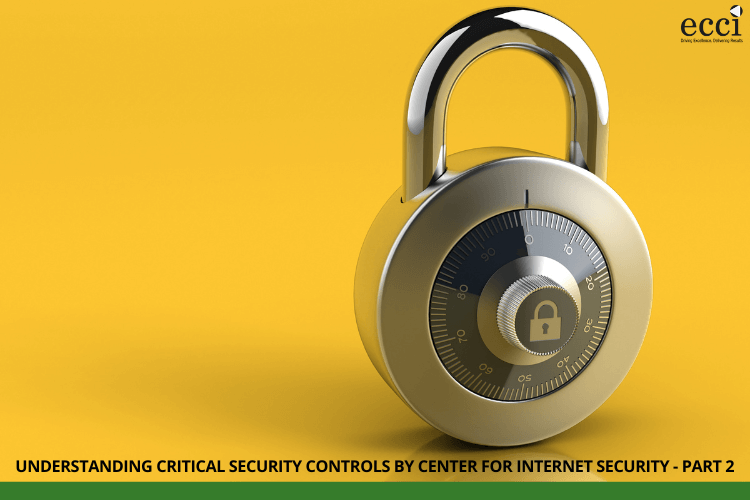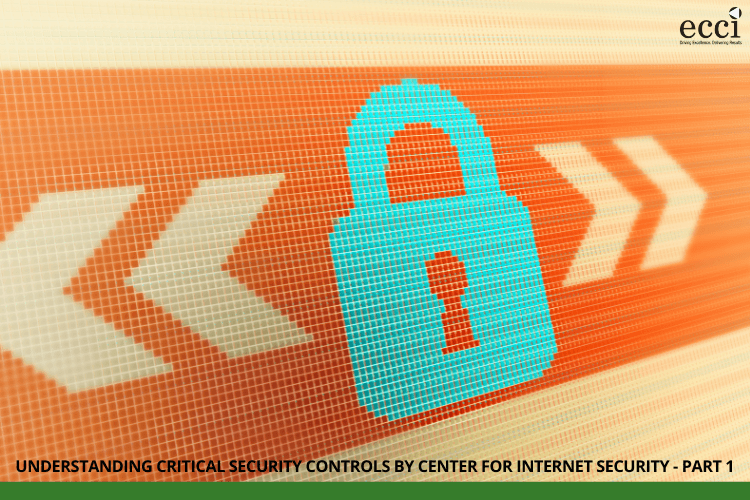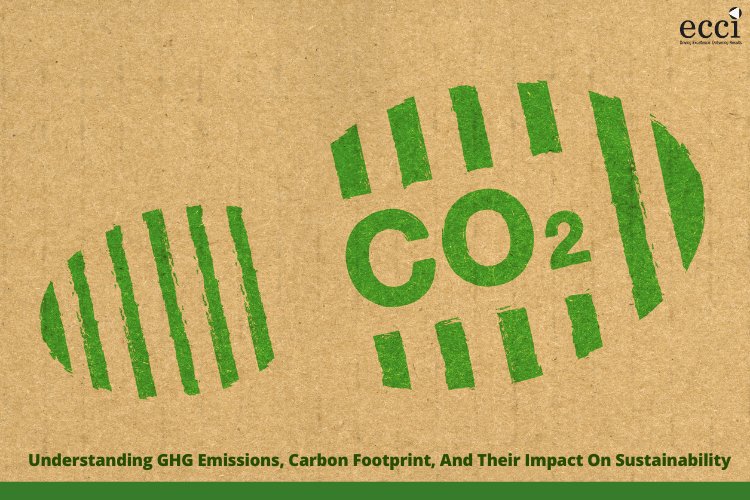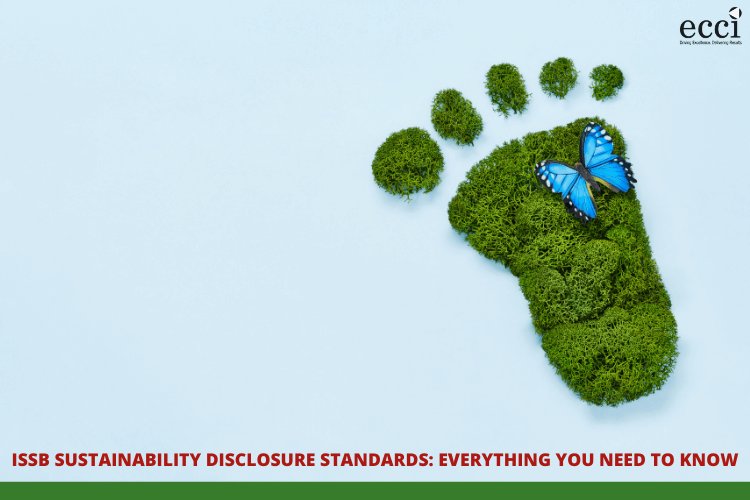Photo Courtesy of fauxels via Pexels
What is the cost of doing business? Generally, it includes expenses associated with maintaining a physical space, a workforce, marketing initiatives, IT systems, and miscellaneous needs such as legal services. To keep a physical space, you will spend on lease, furniture, communication lines (telephone and Internet), computers and other electronics, and utilities. You may not be spending a lot on water, unless you run a laundry business, but you will definitely shell out serious money on electricity. Energy represents 25% of all business operation costs.
Businesses in the Philippines spend a lot on energy as electricity prices in the country are the highest in South East Asia. There is limited fossil fuel production, heavy reliance on imported coal and diesel, and high taxes on power providers. Moreover, unlike in other countries, the Philippines does not subsidize electricity for businesses.
While there is not much you can do with the high electricity rates, which eat up much of your budget, you can explore cost-efficient solutions such as energy management.
Energy management is a process of tracking and monitoring energy to reduce business energy consumption. It involves an analysis of the comfort and mobility requirements of energy users, as well as projecting loads of individual devices to project future power and heating requirements.
Why does your business need energy management?

Photo Courtesy of Rodolfo Clix via Pexels
Energy management is key to energy conservation. It allows you to reduce operating costs and improve your bottom line. This systematic management cut carbon emissions, enabling you to meet sustainability goals and regulatory requirements.
“Life should be built on the conservation of energy.” – Herbert M. Shelton
Energy management lowers the risk of energy price surges or supply shortages that could hurt your profits. Reducing and controlling your demand for energy can make your consumption more predictable.
What is an energy management system?
An energy management system collects energy measurement data and shares it with users through reports, monitoring tools and analyzers to enable the management of energy resources. Energy data are analyzed and converted into useful information to optimize energy use.
Energy management systems for commercial buildings can help radically cut your operating costs by improving the efficiency of business processes and minimizing losses.
Any business or organization that aims to reduce costs, cut carbon emissions and lower risks should consider investing in an energy management system. But the businesses that have a greater need for it include those in manufacturing, telecommunication, utilities, business process outsourcing and retail.
How to save energy in your organization?

Photo Courtesy of Pixabay via Pexels
Energy management is a holistic approach to energy conservation. It involves a framework of compliance with ISO 50001:The standard aims to help organizations continually reduce their energy use, and therefore their energy costs and their greenhouse gas emissions.
Comprehensive energy audit – Conducting an audit provides a report on how much you are spending on energy usage, how you can reduce consumption and how to increase energy efficiency. An audit can help you identify areas to trim down energy usage.
Development of baseline for operations – An energy baseline is a tool that allows you to compare energy performance before and after a modification in your system. It gives a clear picture on what is contributing to good or bad energy performance by assessing usage between two different periods.
Setting up of energy targets – Once you have a better grasp of your energy usage and how it impacts your business, you need to set up specific energy targets. According to Harvard Business Review, nearly 200 of the world’s biggest companies have agreed to set science-based targets that mitigate climate change.
You may map out short-term and long-term goals. Short-term targets may be:
- To increase HVAC uptime to on QOQ basis.
- To decrease nighttime lighting load
Long-term targets may be:
- To recognize an average kWh reduction of certain percentage YOY in all sites
- To lower overall max demand kW throughout the enterprise by certain percentage YOY%
- To decrease average carbon emissions by certain percentage YOY annually
Identification and implementation of energy management initiatives – After setting your goals, you are now ready to identify and implement energy-saving programs. These initiatives may include:
- Energy conservation trainings for all staff
- Opting for CFL or LED bulbs, and other similar energy-efficient fixtures
- Installing motion detectors and automatic dimmers
- Purchasing energy-efficient office equipment
- Exploring alternative and renewable energy resources
- Imposing voltage regulation across the enterprise
Measurement of reductions achieved – Evaluate the effectiveness of your energy management initiatives. You should look at your targets and analyze the results achieved. Evaluation of energy management initiatives offer beneficial motivation primarily on the financial side. This is critical in ensuring that every energy conservation method and technology can be systematically promoted.
Conduct of compliance audit – Finally, have a comprehensive audit performed to ensure that your business attained an internationally-recognized standard in implementing energy management and is continuously improving your energy performance.
A compliance audit is conducted by certified auditors who will assess if you meet the basic requirements of ISO 50001.
Doing business, whether in the Philippines or elsewhere, does not need to be too costly. Study your expenses closely and explore ways on how to cut costs without sacrificing the quality of your products and services. Always aim for cost efficiency. Implement energy management in your organization.Want to know more about energy saving for your business? Speak with an ECC International specialist today!









